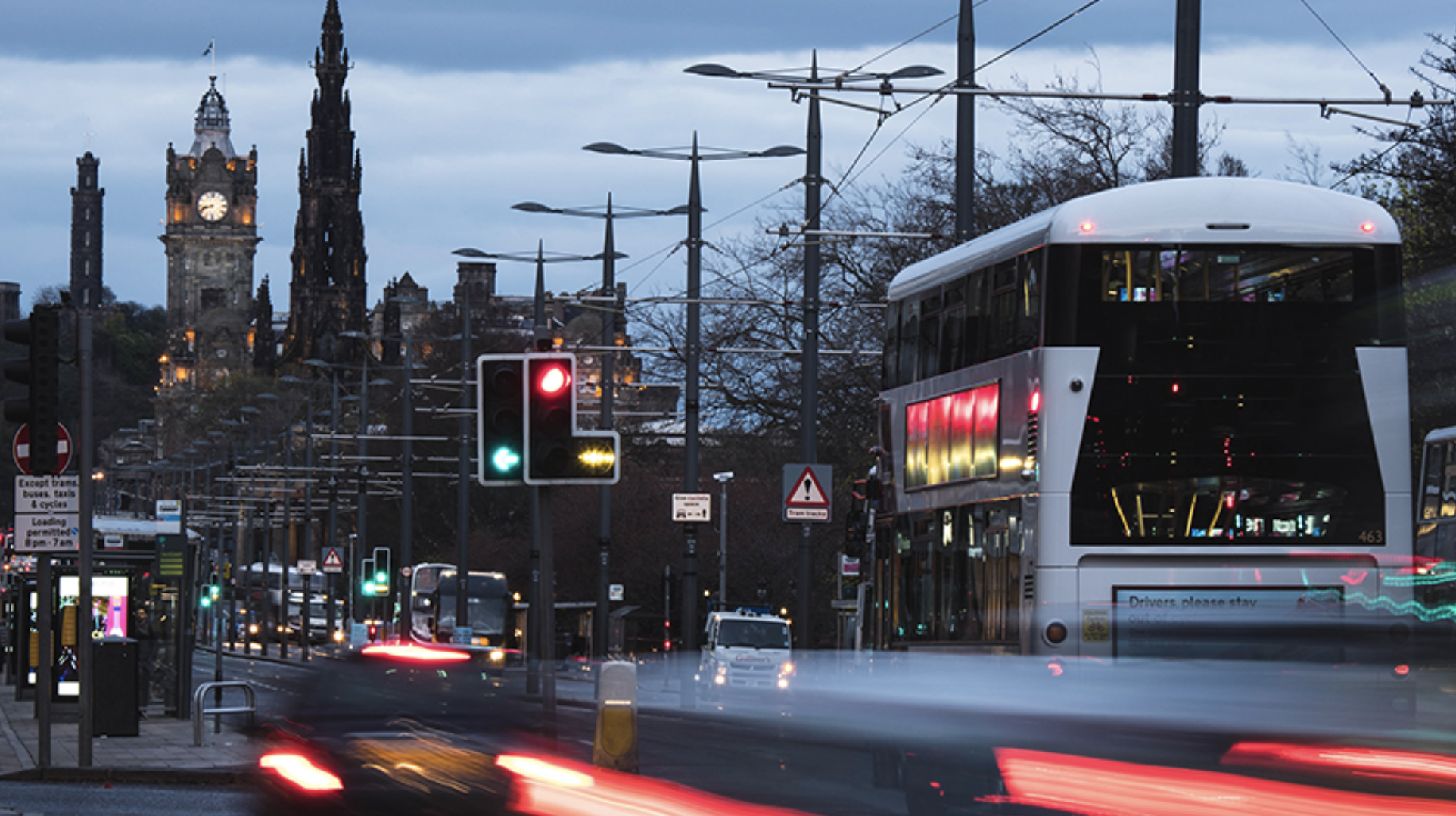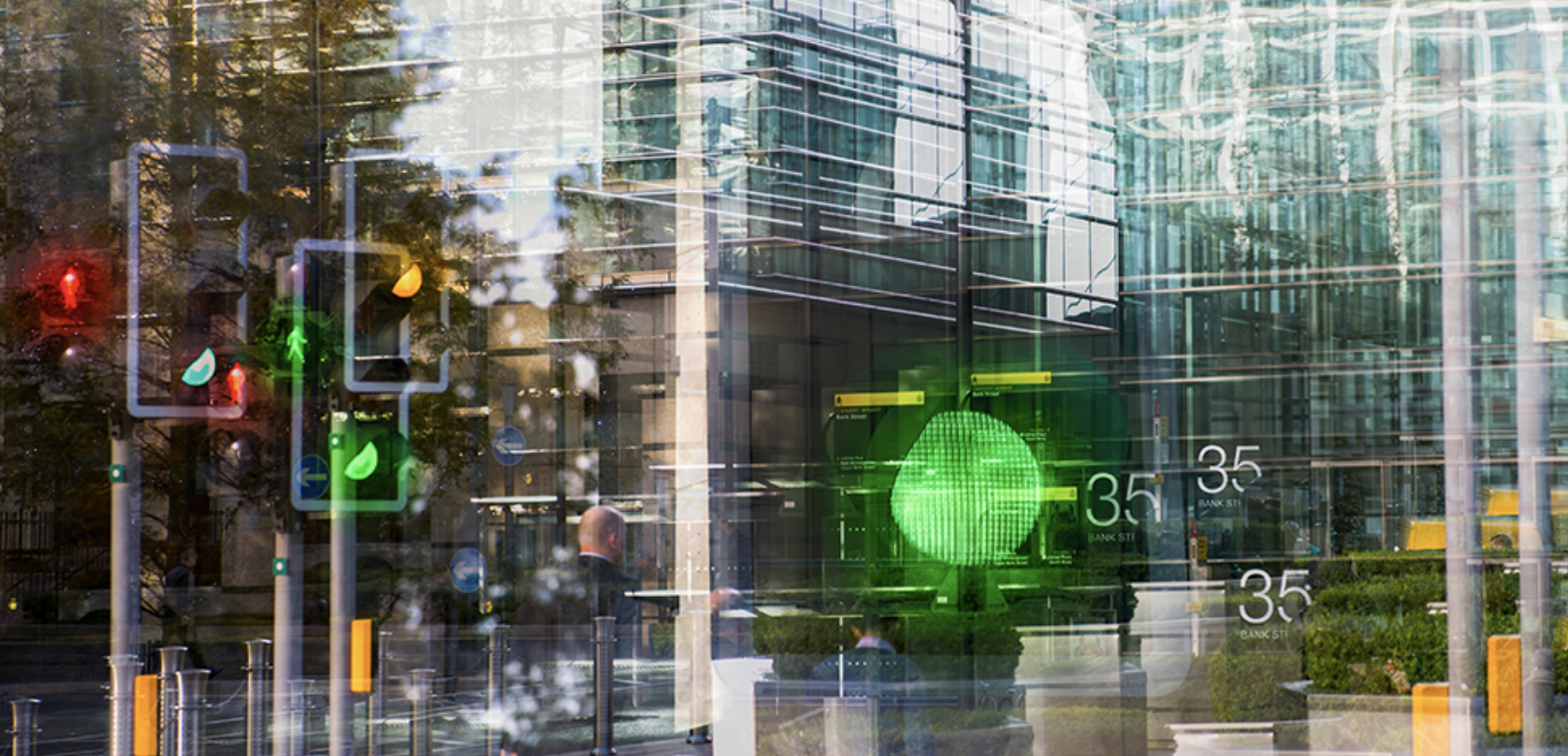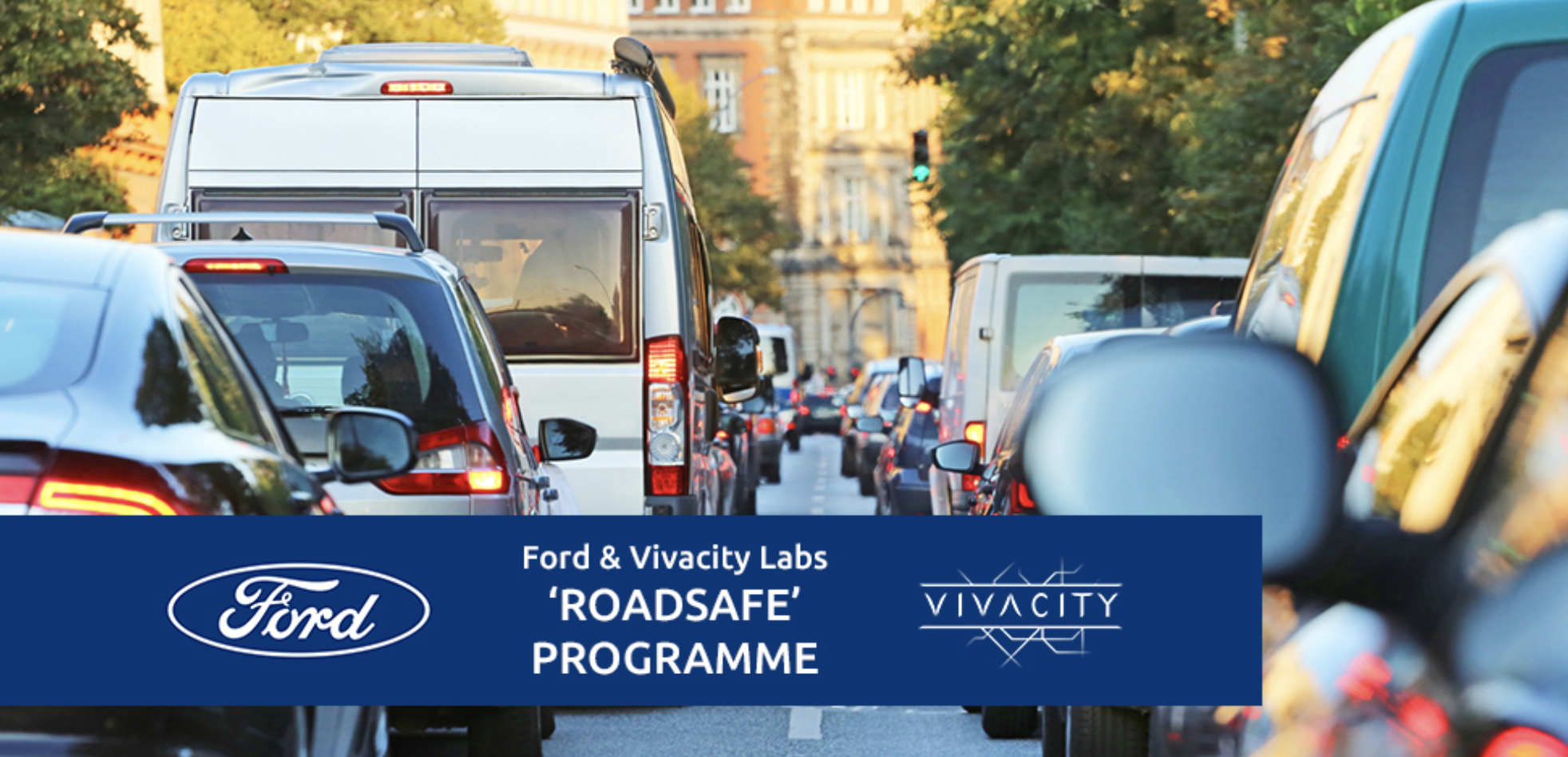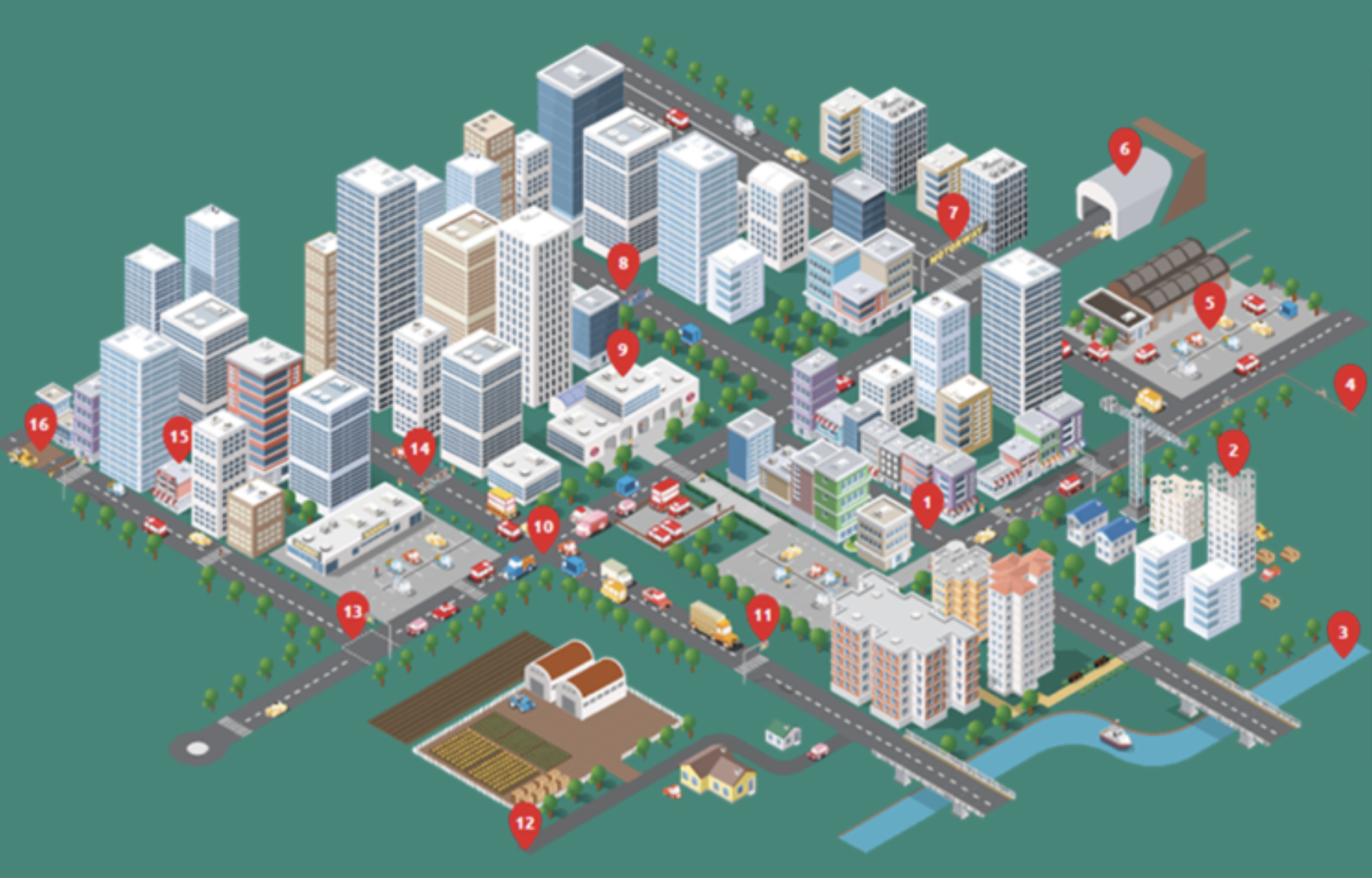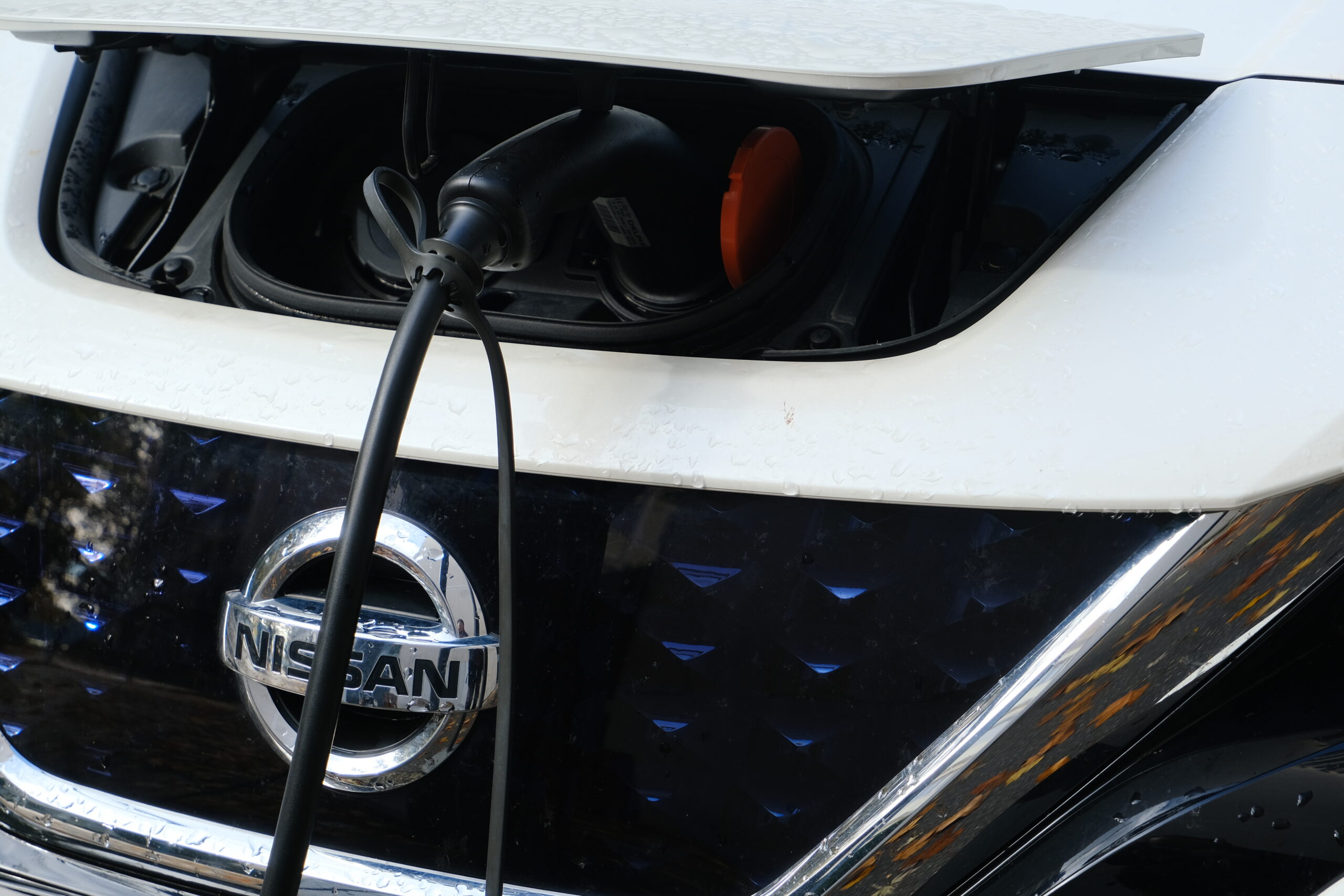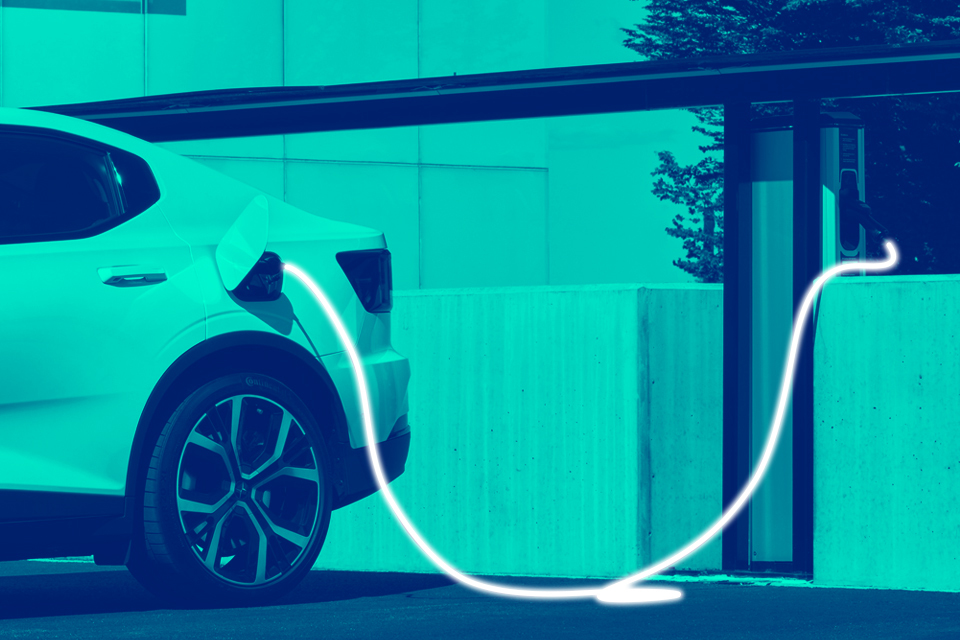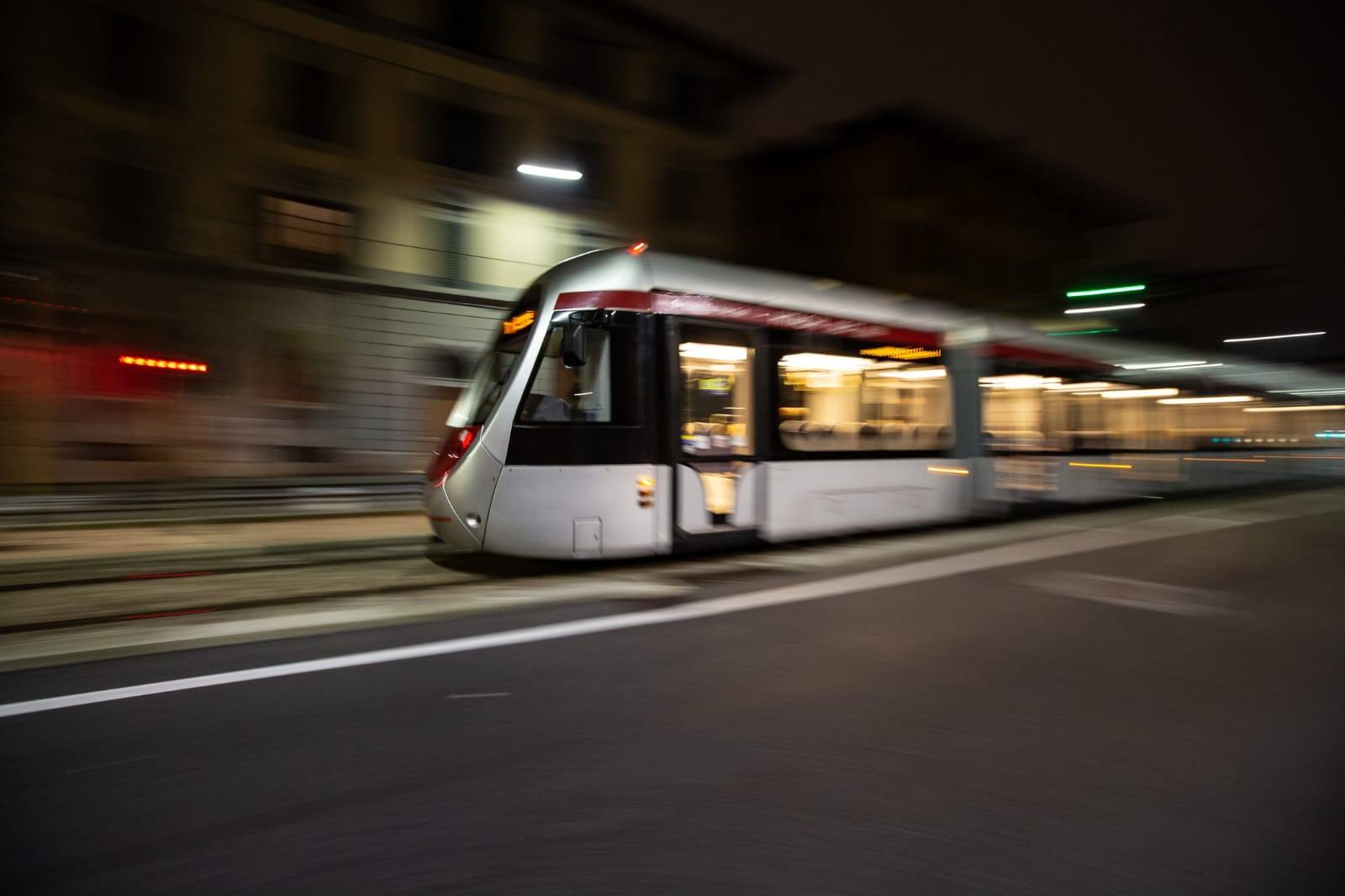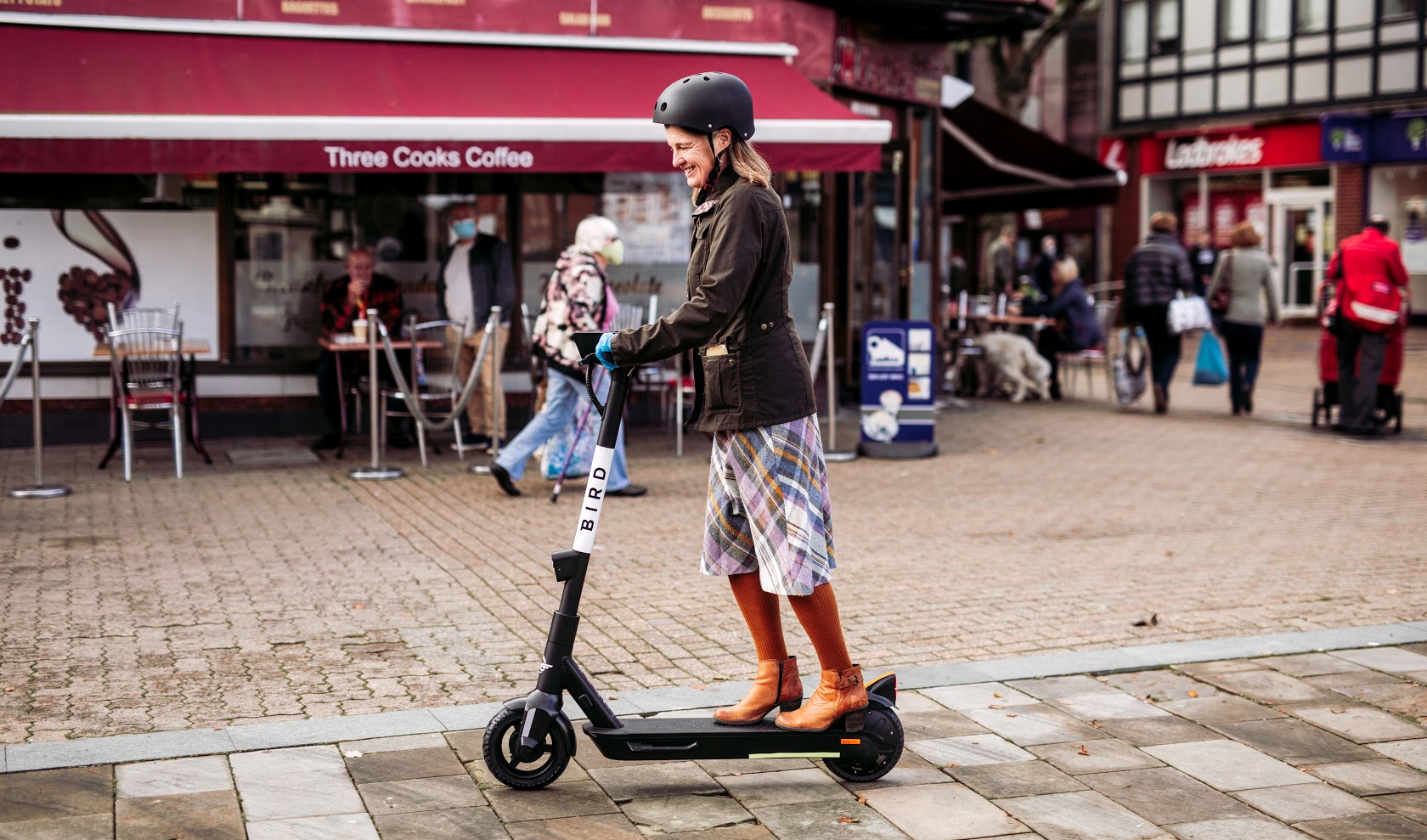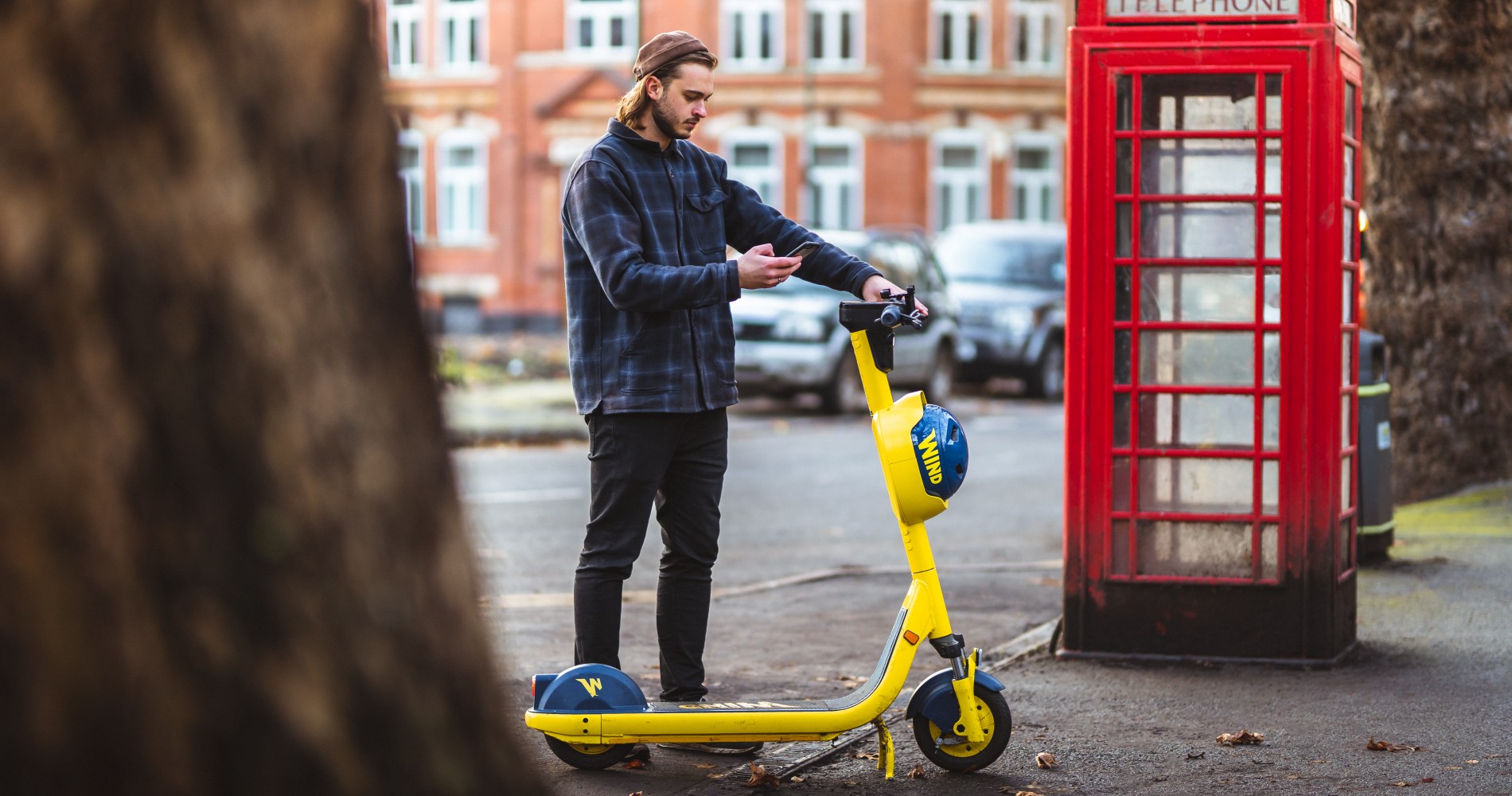Kent County Council and Amey Install Vivacity Traffic Insight Sensors
Vivacity are working with Kent County Council (KCC) and Amey on a trial to monitor traffic patterns to help make future transport decisions for the county, as part of the £22.9m Association of Directors of Environment, Economy, Planning & Transport (ADEPT) SMART Places Live Labs programme.
32 of Vivacity’s AI traffic sensors have been installed at various positions across Kent, which are able to classify what modes of transport are using the highways at any given time, monitoring the usage and speeds of cars, buses, bicycles and pedestrians.
ADEPT Live Labs Programme Director, Giles Perkins, said:By taking a scaled approach to the deployment of digital sensors, local roads managers can deliver much improved outcomes for their networks. Live Labs is helping prove that new technologies can manage our essential assets in a more cost effective and informed way, keeping people, goods and supplies moving across our roads.
Using the anonymous data collected from these sensors will provide insight into how the transport infrastructure is being used. Combining real-time data and predictive algorithms enables the highways authority to identify abnormal traffic flows, enable visualisation through virtual CCTV, and predict flows before they happen – ensuring an effective response to data being provided and ultimately a better road user experience.
Kent County Council Cabinet Member for Highways and Transport, Michael Page, said:We have been working on several trials as part of the Live Labs programme which tests the very latest technology to see how it can help us save money, find and fix problems quicker, and make stronger evidence-based decisions about our road network. We’ve already piloted drones to spot highway defects, fitted cameras to buses and highways vehicles to provide road condition data and we’re now running this trial with Vivacity.
When compared to traditional data collection, such as loops in the road, these sensors are considerably more efficient and accurate in analysing pedestrian and bicycle usage, giving us data on the interactions between pedestrians, cyclists and road traffic. We’ll be able to use this anonymised data to get a real feel of how people are getting around the county and any issues that could be addressed by us as the highways authority and these sensors will be providing us with considerably more evidence to help that decision-making.
The trial is due to last for six months during which time the data collected will be used to understand traffic patterns and propose any potential future improvements.
Account Director for Transport Infrastructure at Amey, Sunita Dulai, said:Working in collaboration with Kent County Council and Vivacity it is our goal to provide the tools to help improve transport systems. The use of these sensors will help the local authority to make decisions that will improve road user safety, ease congestion and identify areas for transport infrastructure improvements.
Using the anonymised data collected from the Vivacity sensors enables the highways authority to understand the interactions with all users enabling decisions to be made to improve journey time and experience.
Vivacity co-founder and CEO, Mark Nicholson, said:Our fully GDPR-compliant sensors anonymously monitor journey times, vehicle paths and counts of pedestrians to cyclists, cars to HGVs, and everything in-between. To do this, the sensors run video analytics to extract data, with the video and all personal data deleted within one second of capture.
Local governments are tasked with improving our transport systems, targeting billions of pounds of spend to ease congestion, improve safety, and keep up with the rapid evolution of technology. Our goal has been to provide the tools to help improve this system.
The sites of the sensors and the data being collected, include the following:
- Multiple sites around Tonbridge and Faversham – to monitor compliance with the new 20mph speed limit that has been installed and to understand whether additional measures need to be put in place or whether it has been a success.
- Ingress Park Avenue, Tiltman Avenue, and Greenhithe train station – to understand the use of buses, taxis, cars, bicycles and trains and to gauge the uptake of the Fastrack bus service running between Greenhithe station and Bluewater.
- Running Horse Roundabout, Aylesford – to monitor near miss and collision analysis to drive safety improvements.
- Dover Town Centre – to monitor pedestrian, cycle, car, motorcycle, HGV and bus movements in and around the town of Dover, including the impacts of Brexit on port-related traffic. The sensors will help to understand usage and potential improvements that can be made to the experience of those choosing to travel actively. It’s intended that the data gathered will help to monitor and deliver schemes that will ultimately help to reduce congestion, support economic growth and improve the accessibility and experience for residents and visitors travelling within the town.
- Tunbridge Wells, Margate and Hythe – will be looking at how the cycle lanes are used.
As part of the ADEPT SMART Places Live Labs programme, KCC has already seen the use of drone technology and cameras fitted to buses to provide road condition data. This trial with Vivacity Labs will see fully GDPR-compliant devices fitted to a number of lamp columns across the county that will anonymously monitor journey times, vehicle paths and counts of vehicles across a range of transport modes.
The ADEPT SMART Places Live Labs programme is a two-year £22.9 million project funded by the Department for Transport and supported by project partners SNC-Lavalin’s Atkins business, EY, Kier, 02, Ringway and WSP.
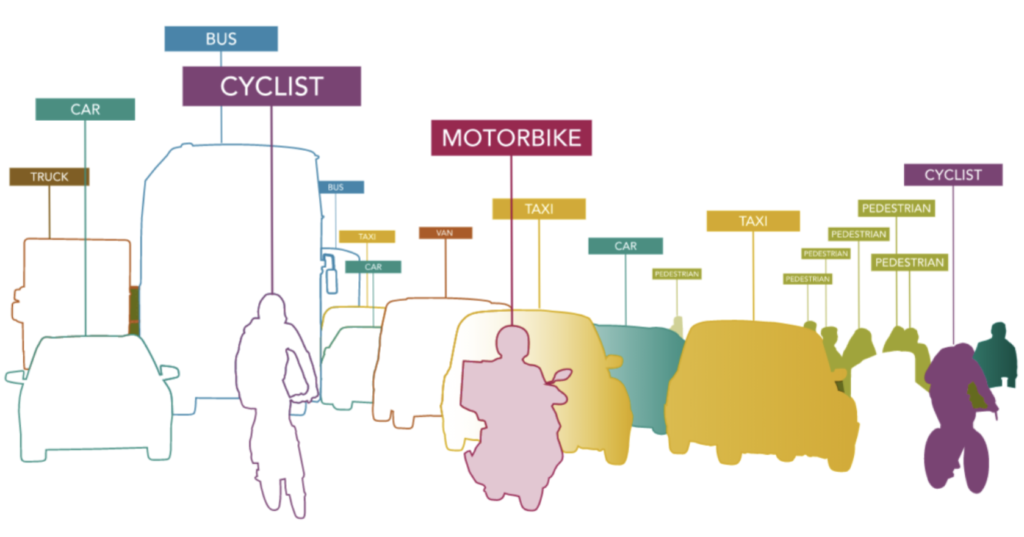
Nine local authorities are working on projects to introduce digital innovation across SMART mobility, transport, highways, maintenance, data, energy and communications. Live Labs is part of ADEPT’s SMART Places programme to support the use of digital technology in place-based services.
This included the development of ‘autonomous vehicles’ focusing on innovation, collaboration and agility.
Kent County Council in collaboration with Amey submitted a bid to run one of the Live Labs and was successful in being granted £1.975m for a two-year project.
This article was originally published by Vivacity Labs Limited.






